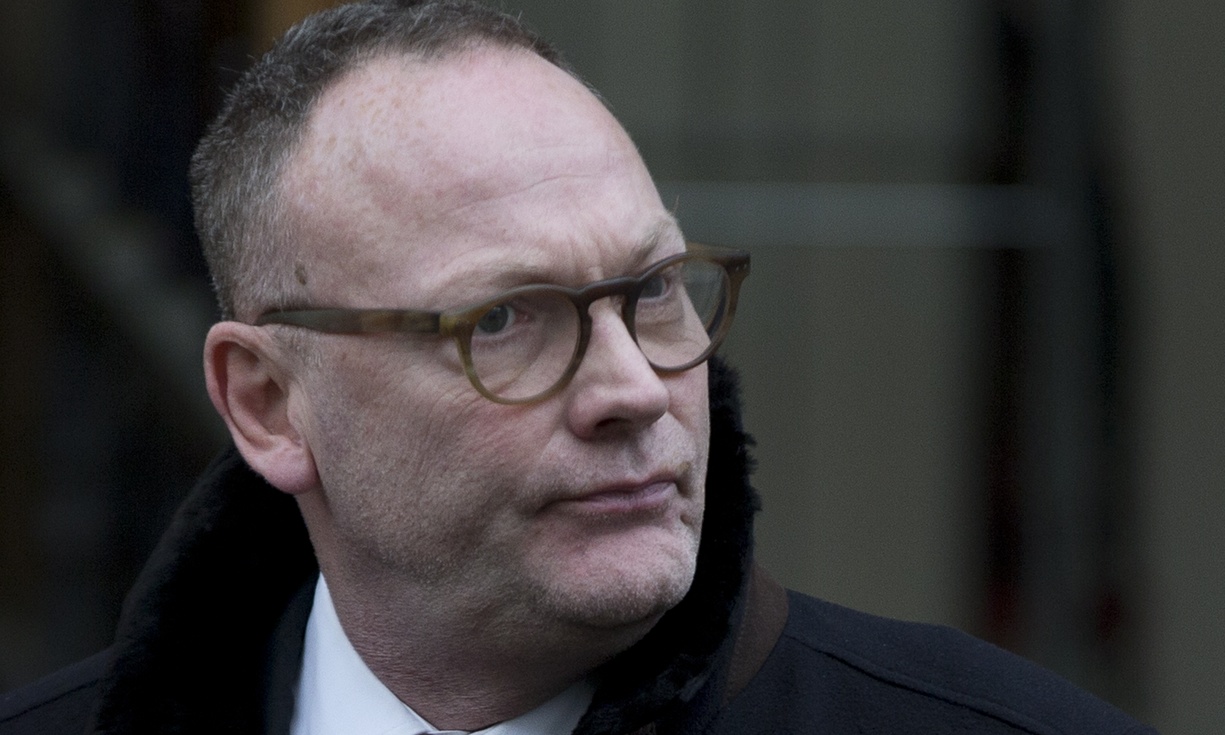 The United Nations’ special rapporteur for human rights and counter-terrorism is to warn the UN that states are increasingly using national security as a pretext for clamping down on human rights groups.
The United Nations’ special rapporteur for human rights and counter-terrorism is to warn the UN that states are increasingly using national security as a pretext for clamping down on human rights groups.
In a speech to the general assembly in New York on Monday, Ben Emmerson QC, a senior British lawyer, will warn that counter-terrorism initiatives are increasingly being used to “stifle legitimate opposition and to choke public interest and human rights organisations around the world.”
In an annual report published on Monday, Emmerson found that in the past three years more than 60 nations have proposed or passed laws that limit the activities of non-governmental organisations (NGOs) in what he termed an “ideological pandemic”.
The problem is now so widespread that it should become a “first rank priority” for the UN’s efforts to protect human rights, he said.
Emmerson identifies China, Egypt, Hungary, India, Israel and Russia among countries that have recently adopted repressive measures against civil society groups. Cambodia, Ecuador and Uganda are also criticised.
In his speech, the special rapporteur is expected to criticise the US supreme court’s decision in the Holder v Humanitarian Law Project case, in which judges ruled that groups providing training in humanitarian law to non-state armed bodies were providing material support to terrorists and could be jailed for up to 15 years. He describes the decision as “myopic” and in his report says it has had a “chilling effect on NGO operations”.
Charities, humanitarian NGOs and others working in areas held by designated terrorist groups – such as in parts of Mali, Pakistan, Syria, Palestine and Somalia – find it increasingly difficult to work in such areas without falling foul of laws banning the provision of material support to terrorist groups. Simple acts such as paying for visas or entry permits allowing them to access civilian populations, or providing goods that could fall into enemy hands, can risk breaking overly prescriptive laws, according to Emmerson.
More broadly, he writes in the report, vague or excessively broad definitions of terrorism offer the scope for “deliberate misuse” including efforts to “target civil society, silence human rights defenders, bloggers and journalists, and criminalise peaceful activities”.
Restrictions include national and cross-border efforts to block the flows of funds to terror groups and banned organisations.
Emmerson is expected to tell the UN that measures aimed at preventing terrorism financing have had a “direct and chilling impact on public interest groups, restricting the ability of entirely lawful organisations to secure funding or to operate effectively”.
Last week, the UK’s Charity Commission backed down in a legal case over whether it had the power to lean on charities to stop funding a controversial campaign group, Cage.
Emmerson’s report describes how the G7’s financial action task force, which he calls a “powerful but essentially unaccountable body”, has in the past “unwittingly strengthened” the hand of repressive governments by advocating “deep state penetration into the workings of the voluntary sector”.
The task force has recently adopted a “more nuanced” approach including increased dialogue with NGOs.
While in some instances charities and NGOs have been exploited to fundraise for terrorism, Emmerson writes, he cites research by the World Bank, the UN and British parliamentarians finding that this remains rare.
“The message of today’s report is that states that make up the UN need to back off and let lawful public interest organisations get on with the vitally important work they do,” Emmerson will tell the UN.
